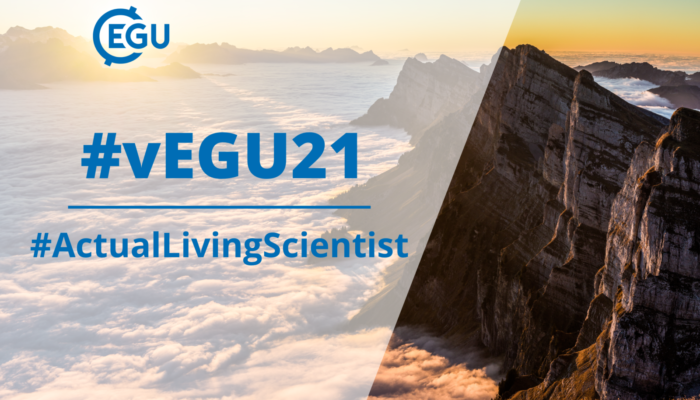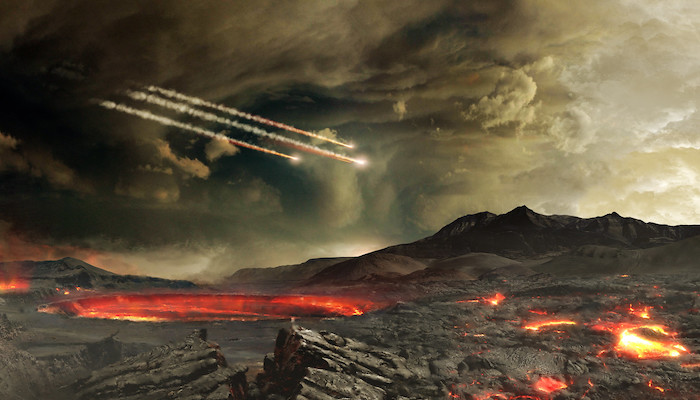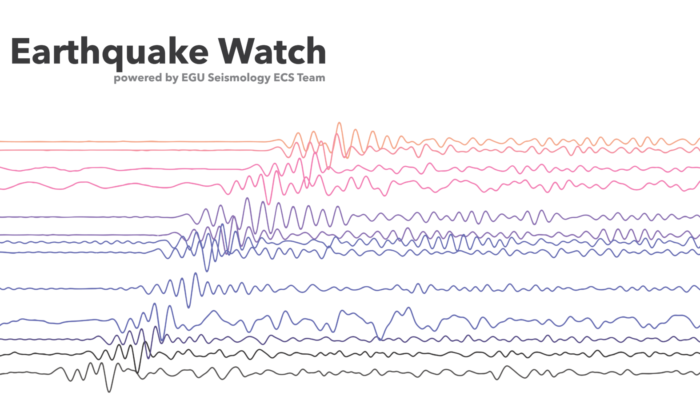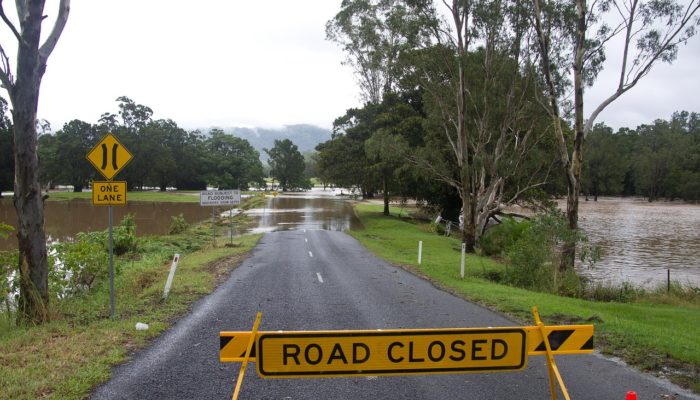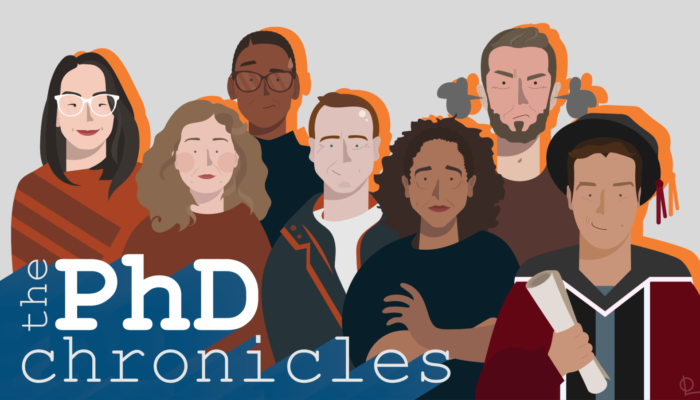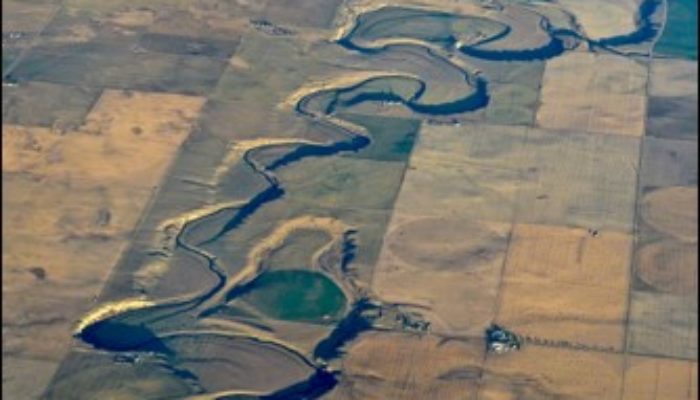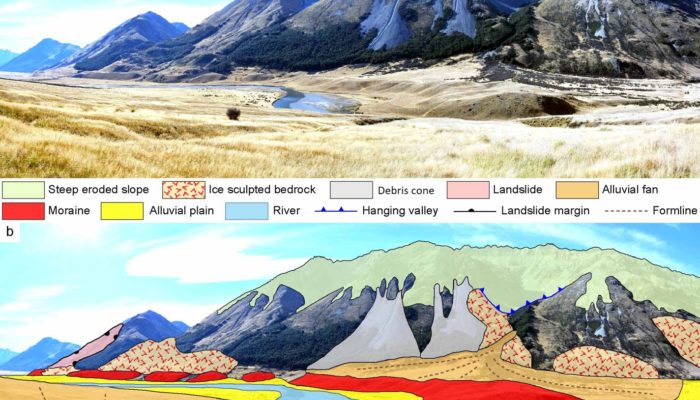This year for vEGU21, the Union’s working group on Equality, Diversity and Inclusion (EDI) was very interested in how to increase the visibility of our wonderful and diverse community of researchers – now that we won’t be walking the halls of the Austria Centre Vienna together. Using an online initiative started in 2017 with a hashtag created by Mary Roblyer, they have created a ...[Read More]
If you didn't find what you was looking for try searching again.
Geodynamics
Finding stillness in chaos: The emergence of stable cratons in a hectic young Earth
Today we know the Earth as a tectonically busy planet, shaped by mantle convection and plate tectonics. But this is nothing compared to the earlier phases of planetary evolution. This week, Fabio Capitanio (ARC Future Fellow and Associate Professor at the School of Earth, Atmosphere and Environment at Monash University, Australia) takes us on a modelling tour back to a time when the Earth’s tecton ...[Read More]
Seismology
Earthquake Watch February: Loyalty Islands Mw 7.7
The largest earthquake during the second month of 2021 occurred on February 10th in the western Pacific, specifically to the southeast of the Loyalty Islands and New Caledonia, a seismically active region due to the convergence between the Australian Plate subducting beneath the Pacific Plate (Figure 1). This earthquake (Mw 7.7) was preceded by at least three foreshocks earthquakes M>5.5, which ...[Read More]
Natural Hazards
Tackling the leaks in the transport network with Maria Pregnolato
Transport networks are crucial to our lives, from commuting to work to reach health care facilities, from the transport of goods to leisure travelling. To quote Robin Chase, an American transport entrepreneur: “Transportation is […] the glue of our daily lives. When it goes well, we don’t see it. When it goes wrong, it negatively colours our day, makes us feel angry and impotent, curta ...[Read More]
Geodynamics
Finding support in a four-legged friend
My dog, Roxanne (Roxy for short), has been by my side for my entire graduate career. I adopted Roxy before starting a two-year Master’s program at the University of California, Santa Barbara. She moved with me to the University of Maryland for my PhD program. Now in the second year of my PhD, I cannot imagine PhD life without her. Roxy has helped me navigate the most challenging aspects of academi ...[Read More]
Stratigraphy, Sedimentology and Palaeontology
Variety is the Spice of Life
It has been a busy few months here in Calgary. Obviously, fieldwork slows in the winter due to the amount of snow on the ground (and temperatures down to -40 degrees with wind chill factored in) but there are lots of other activities on the go. One of the joys of being a consultant is having the flexibility to take on a wide variety of small projects. Virtual Presentations I have found that giving ...[Read More]
Atmospheric Sciences
February 2021: A dusty month for Europe
In February 2021, two major Saharan dust events hit Europe. Because of the prevailing weather conditions in the first and last week of February, several million tons of Saharan dust blanketed the skies from the Mediterranean Sea all the way to Scandinavia. The sandy sky was observed almost everywhere in Europe (Fig. 1). Moreover, the stained cars and windows indicated the dust deposition (Fig. 2 – ...[Read More]
Biogeosciences
vEGU21 Short course in the spotlight: Meet and learn from Editors
Cryospheric Sciences
The new glacial geomorphological map from New Zealand
Geomorphological maps are a fundamental tool to represent landforms and understand how different morphological elements and agents shaped a natural landscape. They are also important as background information for many fields of research including ecology, forestry and of course, glaciology. In this week’s blog, Levan Tielidze tells us about the importance of mapping glacial geomorphology, presenti ...[Read More]
Geodynamics
The Sassy Scientist – Easter Egging It
Clodagh has attended a conference or two. After missing out on last year’s EGU virtual general assembly, she seeks some advice to promote her science, and herself, out there: Can you prepare better for a virtual meeting compared to the ‘old way’ for physical presentations? Dear Clodagh, Top of the morning to ye. On such soft day no less! Well, in my humble opinion, there’s two ways of looking at t ...[Read More]

